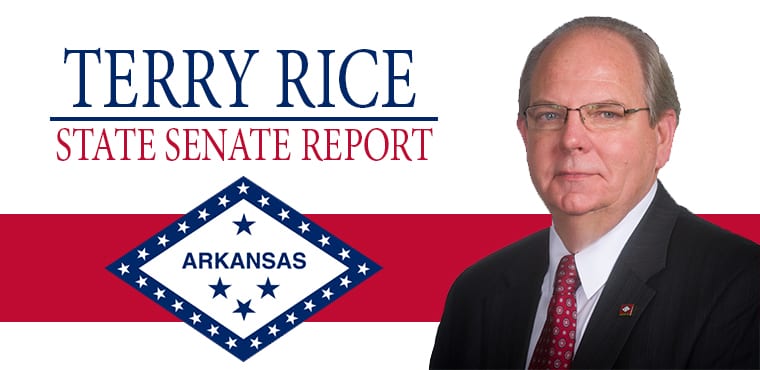LITTLE ROCK – More than 3,000 families applied for Education Freedom Accounts during the first week of August, bringing the total number of applicants statewide to 15,365.
The Internet portal for applications had been closed over the summer and re-opened on July 29, when about 12,000 applications had been approved.
There is no scheduled deadline, as long as funding is available under the Arkansas LEARNS Act. The accounts expand school choice options by helping families pay tuition at private or parochial schools.
Last year the governor proposed and the legislature approved Act 237 of 2023, also known as the LEARNS Act. The 2024-2025 school year is the second year it has been in effect. It is being phased in over three years.
Last year students were eligible if they were first-time kindergarteners, or if they attended schools that got an “F” on school report cards or were enrolled in districts ranked at Level 5 for academic distress. Also eligible were children of active duty military members, as well as children with disabilities and children enrolled in kindergarten for the first time.
For the upcoming school year, eligibility is expanded to include students from a school that got a “D” on school report cards, children of military veterans and the children of emergency responders. Current or former foster children are eligible.
Also eligible are students from the Succeed Scholarship Program, which existed before the LEARNS Act was created.
Next year, the third year of the phase-in of the Education Freedom Accounts, all children are eligible.
Another way the LEARNS Act expands school choice is by repealing previous limits on the number of charter schools in Arkansas.
The LEARNS Act also provides bonuses of up to $10,000 for teachers as merit incentives. In June, the state announced that 3,000 teachers qualified for the bonuses because their students showed remarkable academic improvement or they acted as inspiring mentors to new teachers.
Also, they qualified if they taught in a part of the state, or in a subject matter, with a critical teacher shortage. The state Education Department has listed those subjects in which there is a critical shortage of teachers. They are computer science, foreign language, secondary math, secondary science and special education.
The act raised the minimum salary for teachers from $36,000 to $50,000, which benefited more than 15,240 teachers. Also benefitting were teachers who already earned $50,000 or more, because they received raises of $2,000.
Also, the LEARNS Act provides teachers 12 weeks of paid maternity leave.
Other provisions in the LEARNS Act expanded opportunities for high school students to enroll in college-level concurrent courses and receive college credits for passing them. Surveys indicate that students who take concurrent courses are more likely to obtain a college degree or certificate.
Under the LEARNS Act, Arkansas schools will recruit an additional 120 literacy specialists. The act provides $500 for families of students struggling to learn how to read in kindergarten through third grade, so they can hire a tutor.
The LEARNS Act requires high schools to develop a career-ready pathway towards a diploma, to prepare students for well-paying jobs if they choose not to go to college.






